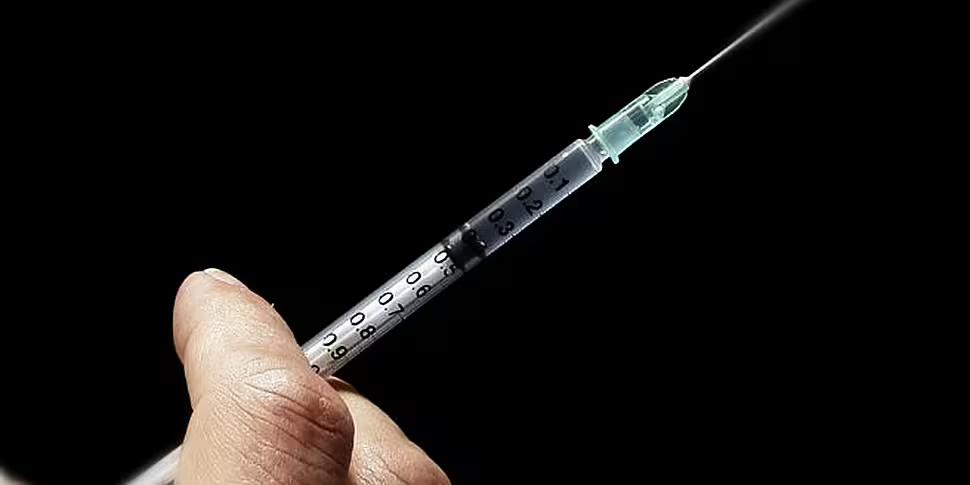When you visit your GP or pharmacist and your prescribed medication, the pill you take endured a long journey before it was declared fit for human consumption.
One step on that journey was of course human trials. But did you know that some of those trials take place here in Ireland and that, if you were so inclined, you can volunteer your body for medical testing?
In 2000, the Royal College of Surgeons of Ireland (RSCI) opened the Clinical Research Centre - a first of its kind here. Since then nearly 500 studies have been carried out, with some 20,000 patients or 'human guinea pigs' taking part. There has been some significant success - most recently a new malaria vaccine was developed at the centre.
Jonathan Wilson is a musician, people will have heard him playing with James Vincent McMorrow’s band. Three years ago, he was travelling into Dublin city from Howth and noticed an ad in the Metro newspaper that asked people if they would be interested in taking part in a clinical drug trial.
He explains how he felt nervous at the thought of injecting an experimental vaccine into his body - given that a vaccine, by its very nature, is essentially a small dose of the actual disease...
Signing up to be a 'human guinea pig' can be a nice little earner and Jonathan was open...
But not every one taking part is like Jonathan - in that they see an ad, it peaks their interest and they figure they can make a few bob off it. There is a whole different category of people who are already sick.
The placebo effect
Orla Keane is from Maynooth in Co Kildare and she suffers from a very specific type of emphysema, it’s not caused by smoking, it’s a genetic disease. She was diagnosed in 1996 and so has been receiving treatment for nearly two decades.
In 2006, she was approached to take part in a clinical drug trial. This trial was invasive. It was a blood protein that they were trialing so it required weekly infusions over the course of two years.
In the trial Orla did, you can’t just give everyone the drug. You need a placebo group - people with a disease who you essentially give nothing to, to see how they progress as opposed to those who get the drug. Of course this raises ethical issues and it’s something that the Health Products Regulatory Authority (HPRA) would look at very carefully before sanctioning any trial.
To this day, Orla doesn’t know if she actually was given the experimental drug during the trial or if she was in the control group. But actually, the possibility that she was in the placebo group didn’t really bother her. If she had any concern it was more around the fact that blood transfusions were involved.
How commonplace is human testing in Ireland?
The number of human trials in Ireland is nowhere near like other countries in the EU or the US. When it comes to pharmaceutical products, our reputation really is in manufacturing.
Now you might say, 'who cares? Do we really need to be testing drugs on Irish citizens?' Admittedly, it doesn’t sound like an enticing prospect to most people.
Firstly, Professor Dermot Kenny, Director of the Clinical Research Centre in the RCSI says, it's worth remembering that someone somewhere has to allow themselves to be experimented on. Every drug or medical product that an Irish person takes, goes through human testing. It raises serious ethical issues if we were to say, ‘We want the best treatments in Ireland but go and test them on people in other countries first.'
Secondly he made the point that in fact, if you are in Orla’s category and are suffering an illness, by taking part in a trial, you’re exposing yourself to what is potentially the cutting edge in medical treatment.









